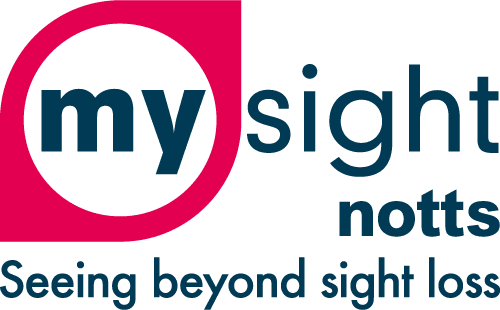Emotional Support
Being told you have a visual impairment that cannot be treated can be difficult to come to terms with. Some people go through a process similar to bereavement, where they experience a range of emotions including shock, anger, and denial, before eventually coming to accept their condition. The mental health problems that can arise from sight loss are too often side-lined, leaving people to cope with depression and anxiety on their own. Sight loss can have a significant emotional and psychological impact on people’s lives, with fear, isolation, loss of self- esteem and depression often resulting from loss of employment and the economic impact this may have.
The earlier the emotional impact is addressed and support offered, the earlier an individual will be able to adapt to a life with sight loss.
ECLOs are trained to provide initial emotional support at the hospital before referring on to local counselling and talking therapy services or specialist sight loss counselling services through national charities:
Local counselling services:
Harmless www.harmless.org.uk
Wellness in Mind www.wellnessinmind.org
Insight www.nottinghamshireinsight.org.uk/themes/mental-health
RNIB offers emotional support for blind and partially sighted people through their telephone and online counsellors. Link here: Sight loss counselling | RNIB
The Macular Society also provides a remote emotional support service with professionally trained. Click here for details: Counselling service – Macular Society
My Sight Notts also provide a course called Shared Vision, in which a facilitated group of 8 to 10 people explore the practical and emotional impact of sight loss and learn how to adapt to their lifelong condition. A trained counsellor sits in on this group and provides additional support where needed. Shared Vision | My Sight Notts

